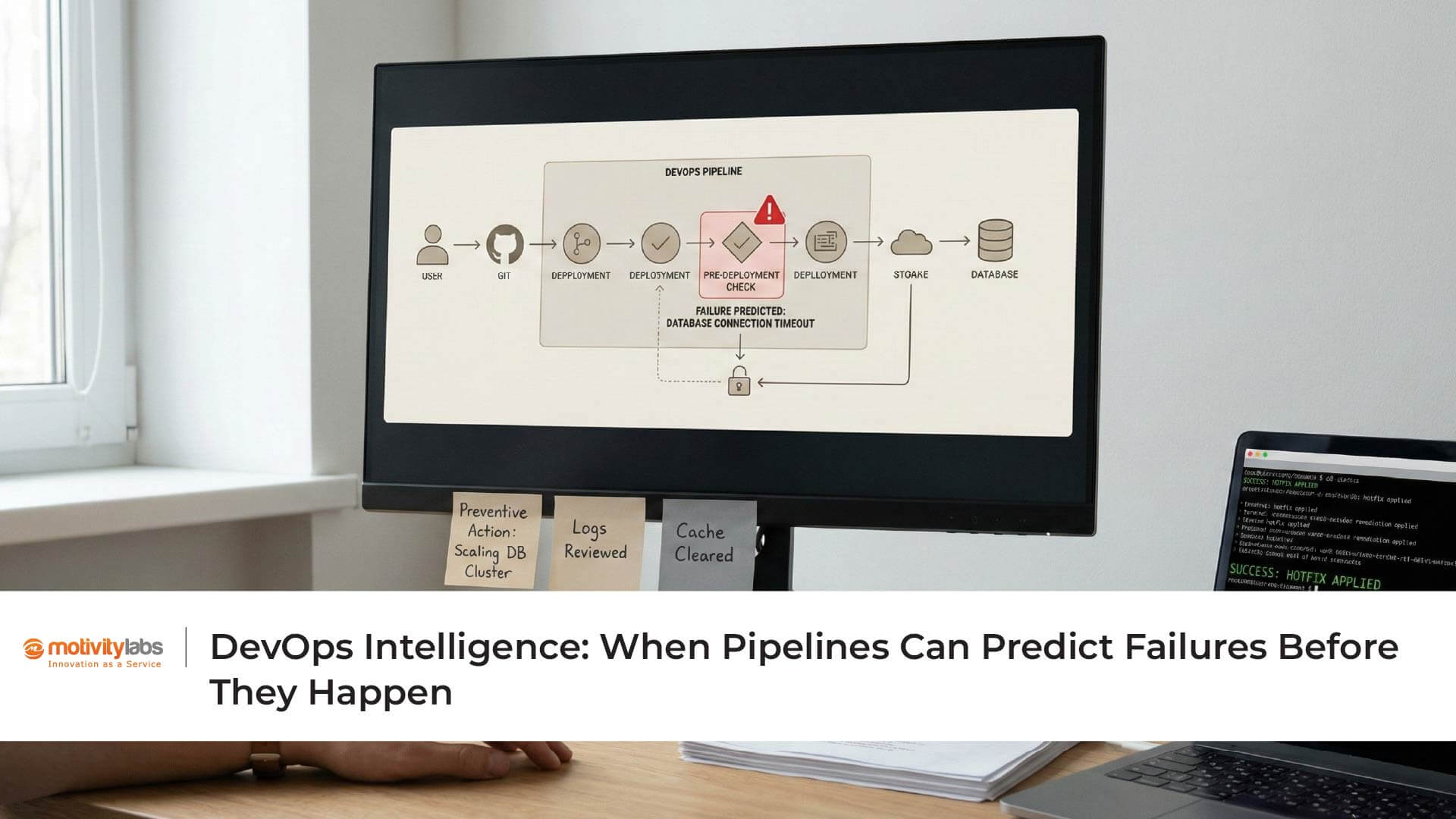7 DevOps Tools for Infrastructure Automation. There is no one-size-fits-all when it comes to implementing a DevOps strategy. While most organizations may have similar goals, their path to get there is always very unique, depending on their industry, infrastructure, and many other factors. Because of this it is not always cut & paste for which DevOps tools you should leverage in your organization. However, today we are going to look at some of the most common tools and solutions that organizations are using today to automate their infrastructure.

The Six Components of Infrastructure Automation:
- Configuration Management
- Continuous Integration/Deployment
- Planning & Collaboration
- Infrastructure Monitoring
- Secret Management
- Test Automation
Configuration Management
Ansible: Ansible is an agentless configuration management and orchestration tool. It uses Secure Shell (SSH) protocol to access the servers it manages in order to communicate with them and execute predefined commands. Ansible leverages modules called “Playbooks”, which are written in YAML format, to define the state that your infrastructure should be in. Ansible is an extremely popular solution because of its ability to simplify complex management tasks.
Chef: Chef is a Ruby-based automation and configuration management tool for cloud infrastructures. Chef has the concept of cookbooks where you code your infrastructure in DSL (domain-specific language) and with a little bit of programming. This enables organizations to achieve speed, scale, and consistency of their systems.
Continuous Integration/Deployment
Jenkins: Jenkins is an open-source, java-based platform for continuous integration and continuous delivery. It can be used to automate all types of tasks such as building, testing, and deploying software. Whenever a new code is pushed to a code repository, the Jenkins server will build and test the new code and notifies the team of the results and changes. Because of this, Jenkins is widely considered to be an essential DevOps tool.
Planning & Collaboration
JIRA Software: Agile DevOps teams from all over the globe utilize JIRA Software for managing and planning projects, as well as tracking issues and bugs that might occur along the way. This tool is especially useful for teams that want to ship early and often, as it enables teams to discuss and prioritize their work, in full context with complete visibility.
Infrastructure Monitoring
Prometheus: Prometheus is a lightweight open-source performance monitoring and alerting tool. Prometheus uses flexible queries in an HTTP-based pull model to actively scare a wide variety of metrics. It was specifically built for modern application monitoring and supports the latest technologies and is widely supported by an active user base. It also supports container monitoring and creates alerts based on time series data Prometheus is a popular choice by many organizations due to a small learning curve and low cost of ownership.
Secret Management
Consul: Consul is an open-source key-value store that is commonly utilized to maintain the services of distributed systems. Consul helps organizations save, store, and retrieve real-time configurations, which is especially beneficial for large-scale industries, with massively distributed systems in their environment.
Test Automation
Selenium: Selenium is the most popular open-source web automation testing tool available. This is mainly because of its numerous frameworks, which are implemented in different languages to provide a wide range of testing automation capabilities. Selenium also supports multiple browsers and operating systems, adding to its popularity. Selenium has frameworks that enable you to run a variety of automated tests, including UI element-based and API tests.
However, Selenium cannot handle all of your Continuous Testing needs, it needs to be integrated with a set of tools that serve specific purposes in the SDLC. Also, Selenium requires advanced programming skills, in addition to a considerable amount of time and effort to configure automation frameworks.
Get the Right Fit with Motivity Labs
Not sure how this all fits into your DevOps strategy? While the tools mentioned above are popular for tackling some of the biggest and most common problems, every organization’s complete toolset will be unique.
Whether you’re an experienced DevOps manager or new to Infrastructure Automation, Motivity Labs can help you optimize your DevOps strategy but implementing the right tools for your specific environment. The experts at Motivity Labs work on all types of infrastructures and have seen the good, bad, and, ugly. We assure you that we can optimize and align your DevOps strategy to meet your specific needs.



